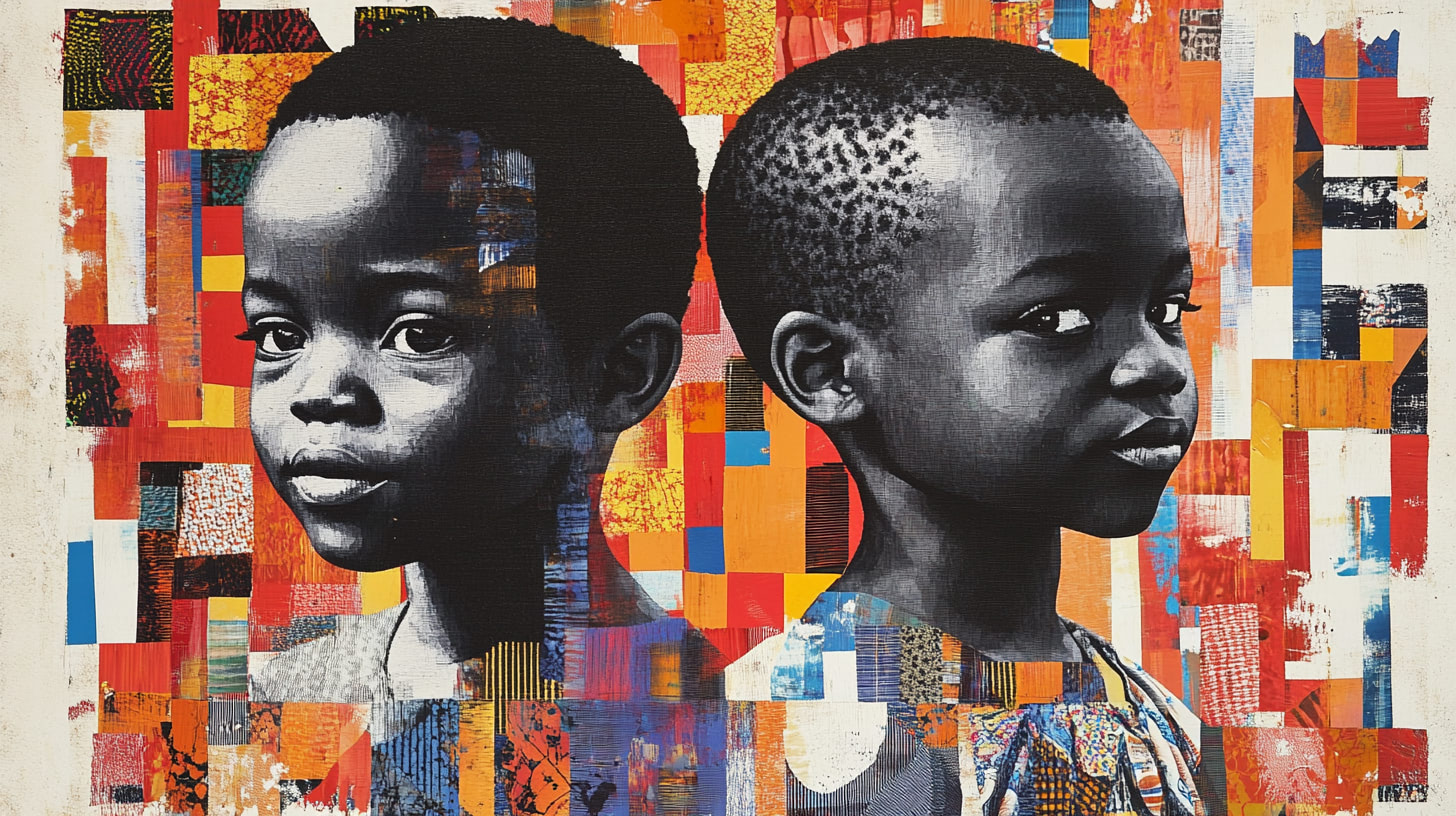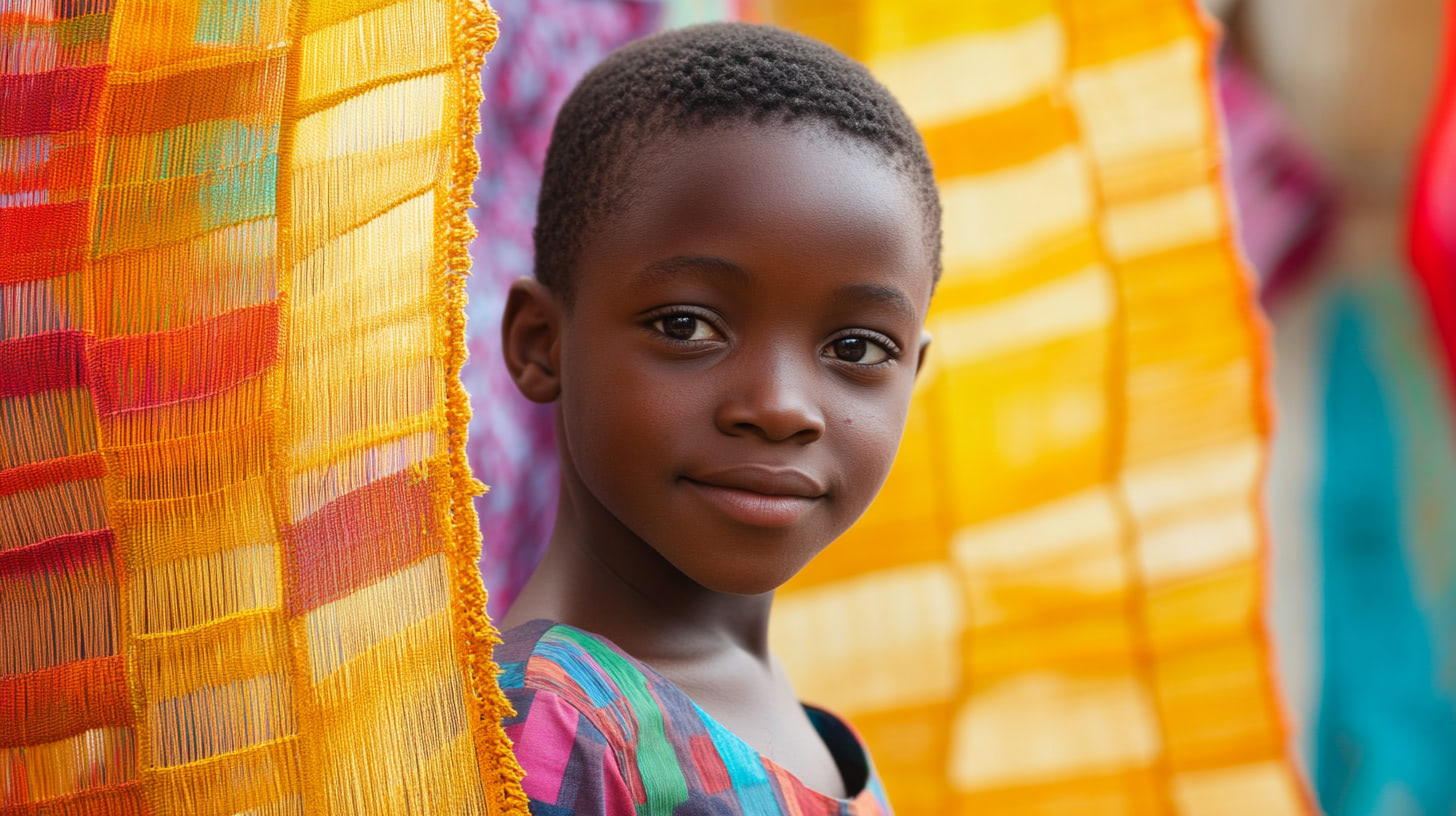
This article is excerpted from the Gavi Zero-Dose Learning Hub publication “Knowledge Translation for Zero-Dose Immunization Research”. In its role as the Learning Innovation Unit (LIU) lead, The Geneva Learning Foundation (TGLF) conceptualized a baseline strategy for knowledge translation (KT). TGLF developed the following recommendations to support the Country Learning Hubs’ (CLH) KT work.









